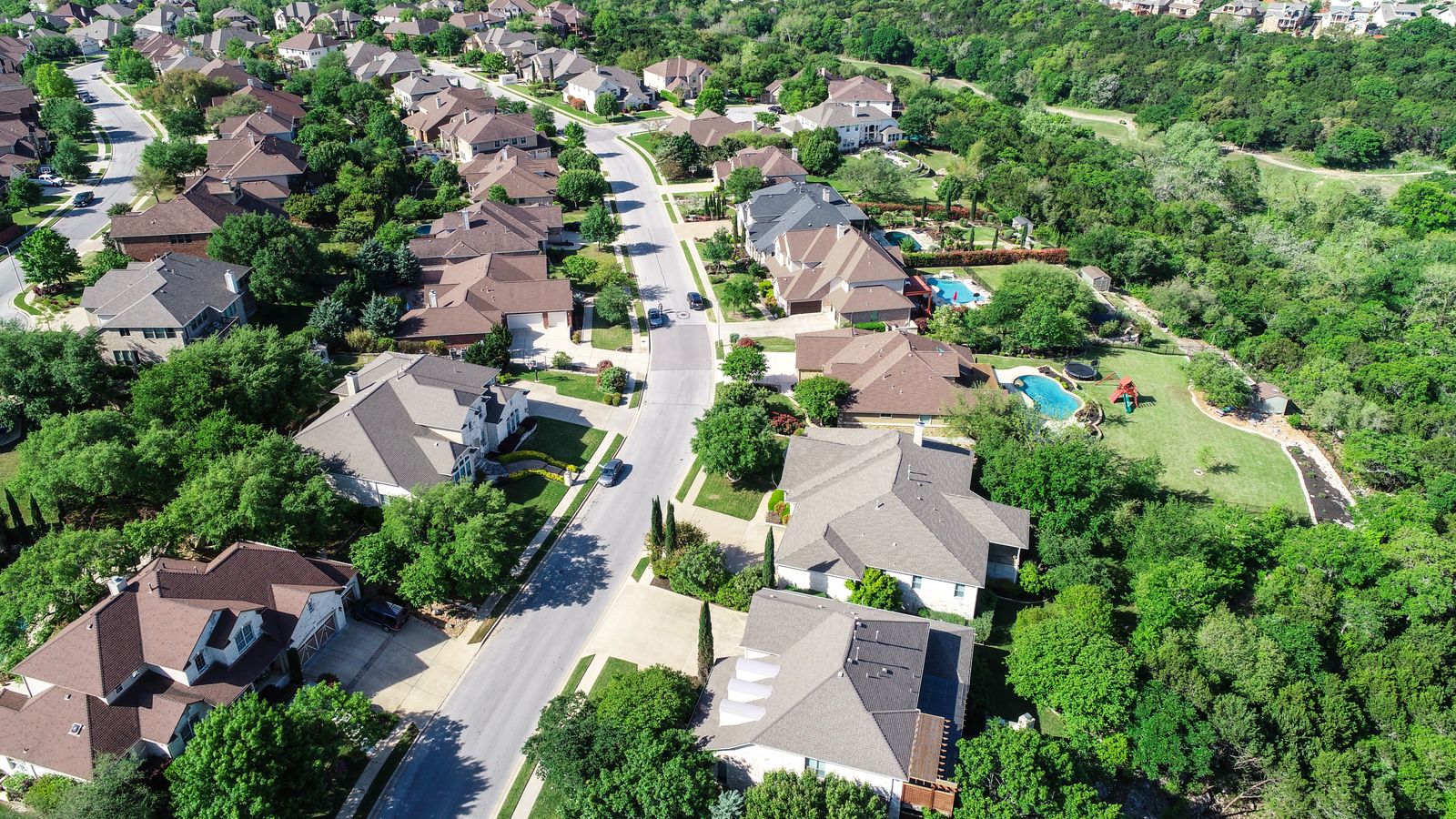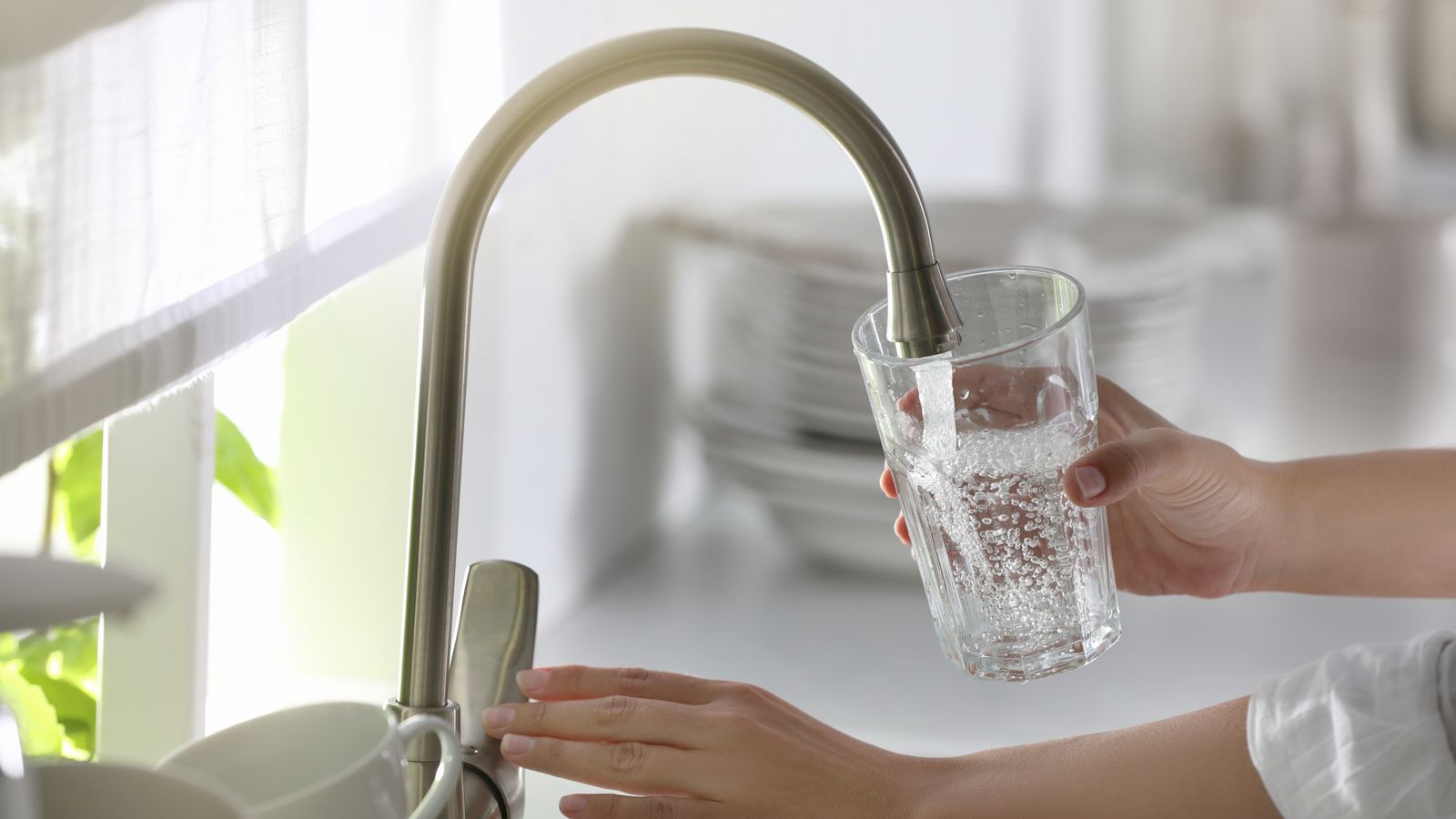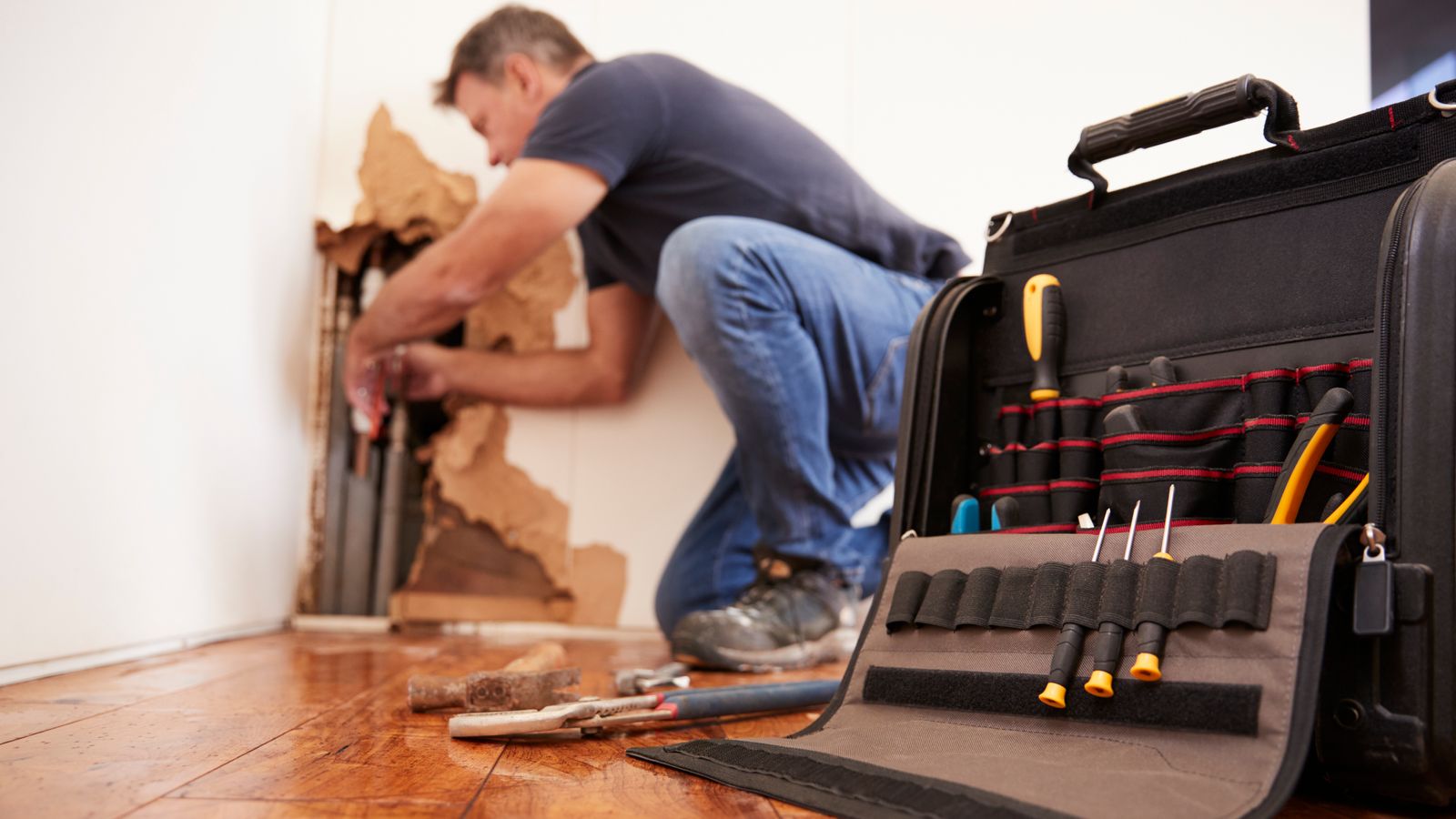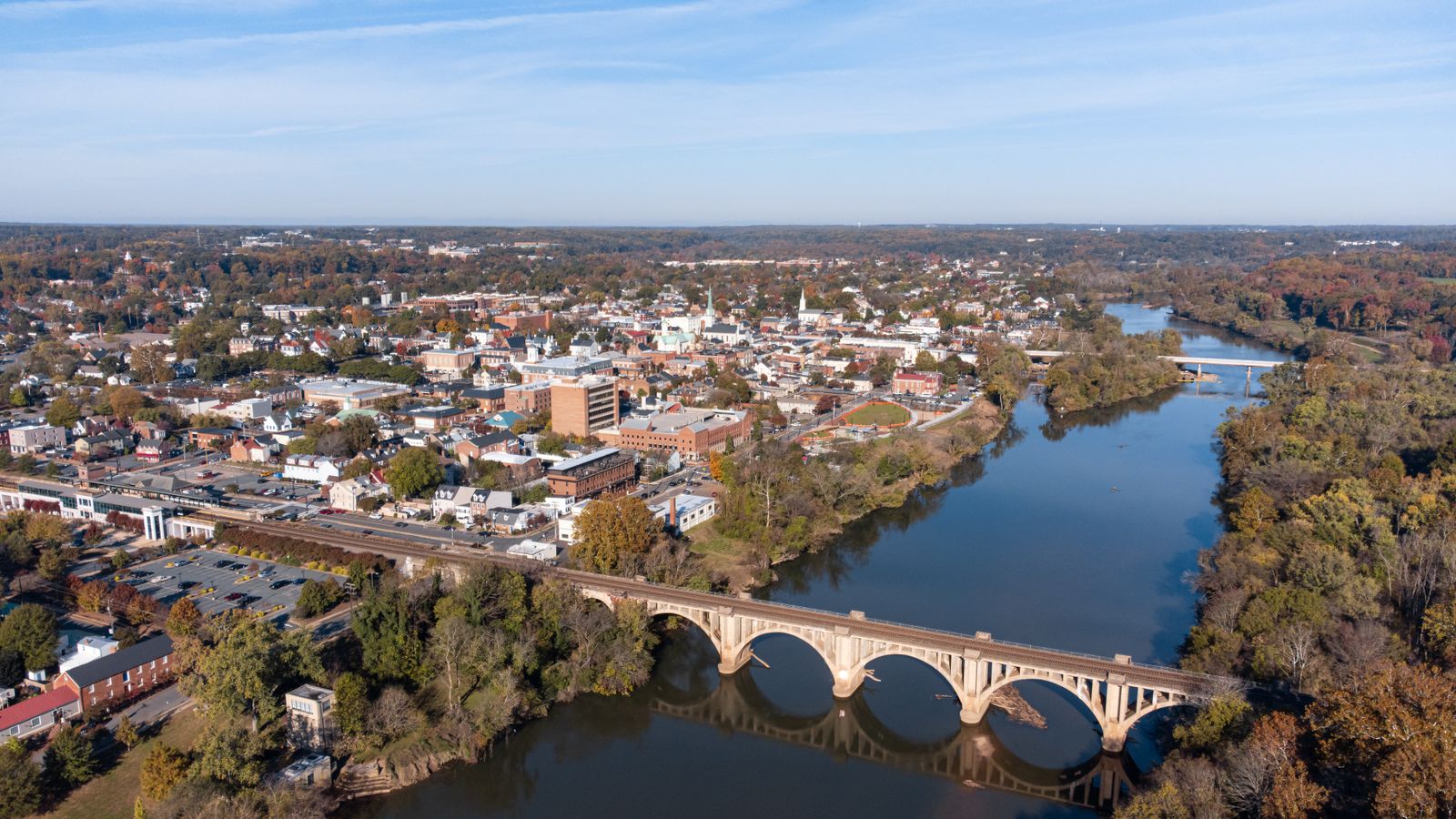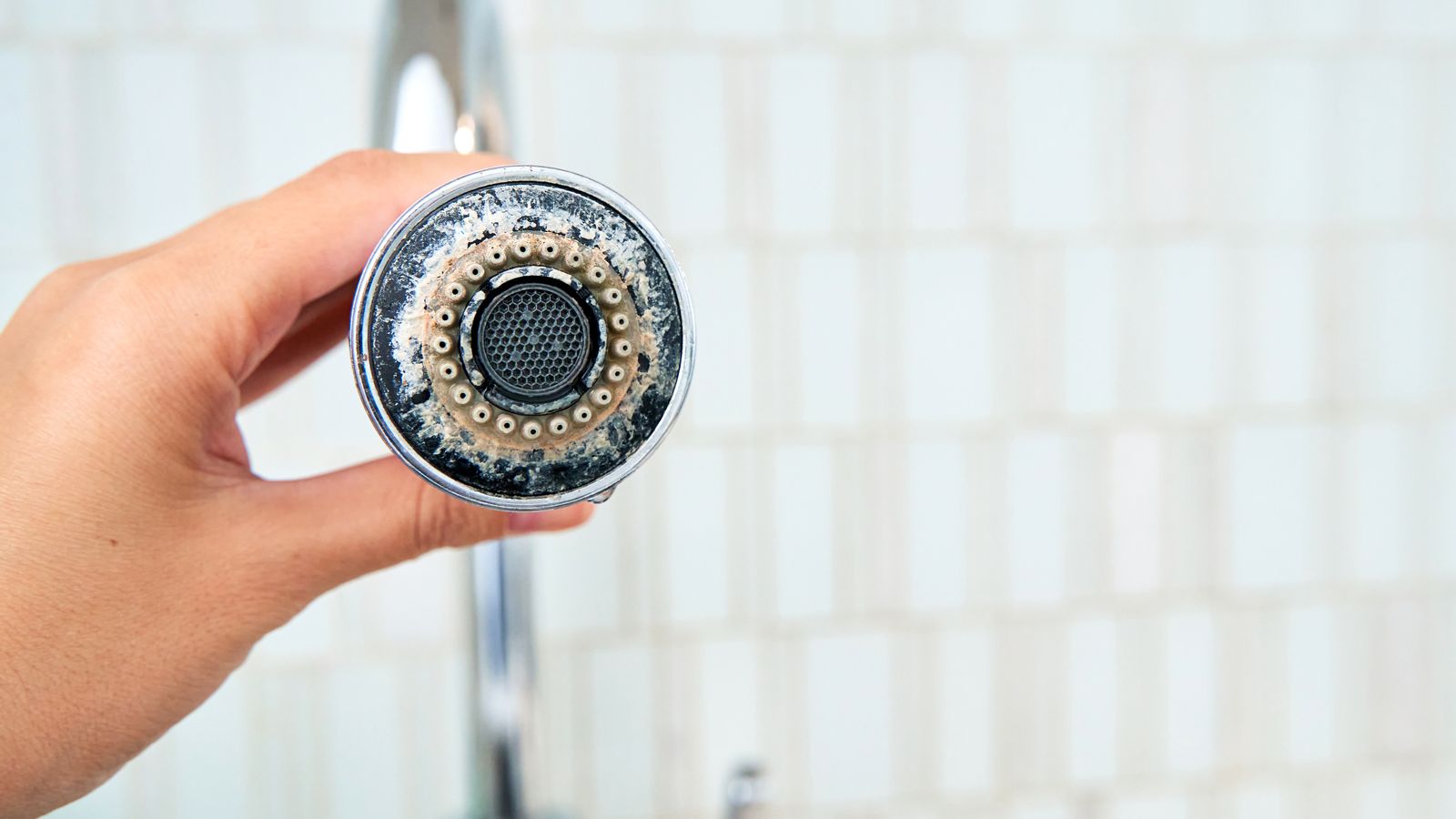Dealing with a trickle of water when you expect a steady stream can be downright frustrating. Everyday tasks like washing dishes or taking a shower shouldn’t feel like a hassle. In the heart of the Texas Hill Country, low water pressure is a common issue many homeowners face due to hard water and unique plumbing challenges. We understand how important reliable water flow is for your daily comfort. At 72 Degrees Texas, we’re here to help you tackle these water pressure woes head-on. With our expertise, you can get back to enjoying the steady water flow you deserve in your Fredericksburg, Kerrville, or Hill Country home. In this guide, we’ll shed light on what low water pressure means and delve into the common culprits behind it, so you can find the right solutions to keep your home running smoothly.
Understanding Low Water Pressure
What Is Low Water Pressure?
Low water pressure occurs when the flow from your faucets, showerheads, or other fixtures is noticeably weaker than normal. Most homes in the Texas Hill Country aim for water pressure levels between 40 and 60 PSI (pounds per square inch). Anything below this range can lead to disruptions like showers turning into a dribble or dishwashers taking longer to finish cycles.
Why Water Pressure Matters
Consistent water pressure helps everyday tasks run smoothly. Whether it’s washing dishes or filling a bathtub, steady water flow saves time and frustration. When pressure drops, it’s not just inconvenient—it can also signal plumbing issues that might lead to expensive repairs if left unchecked.
Common Causes of Low Water Pressure
1. Problems with Your Water Supplier
Municipal Supply Issues
Sometimes, low water pressure stems from issues outside your home, such as problems with the municipal water supply. Broken water mains or routine maintenance often cause temporary drops in pressure across neighborhoods. If neighbors are dealing with the same problem, it’s a good idea to reach out to your water provider for more information.
Water Conservation Rules
In the Texas Hill Country, water conservation rules are more common than ever. While they help protect resources, they can also reduce the water pressure delivered to your home. If conservation efforts are impacting your water flow, consider installing a water pressure booster system. A plumber at 72 Degrees Texas can guide you through selecting and installing the best option.
2. Well Pump Failures in Rural Homes
Signs of a Failing Well Pump
For rural homes relying on private wells, low water pressure is often linked to problems with the well pump. Warning signs include sputtering faucets, inconsistent flow, or even a complete water loss. A failing pump means the system can’t maintain proper pressure, affecting your entire household.
Replacing a Well Pump
At 72 Degrees Texas, our team specializes in diagnosing and replacing well pumps. We’ll make sure your system is working efficiently so your home enjoys steady water flow once again.
3. Water Softener Problems
Malfunctioning Water Softeners
A water softener that isn’t functioning properly can significantly reduce water pressure…
Identifying Water Softener Issues
If water flow feels weak at several fixtures, your water softener may be the culprit. Our experts can inspect your system, clean or replace components, and restore the pressure you need.
4. Partially Closed Shut-Off Valves
Main House Shut-Off Valve
The main shut-off valve controls the water entering your home. If it isn’t fully open, water pressure can drop across all fixtures. Check the valve by turning it counterclockwise or ensuring the lever is aligned with the pipe.
Water Meter Valve
Another potential culprit is the water meter valve, often located near the property line. If it’s not fully open after recent maintenance, your water pressure may suffer. Contact your water company for assistance if this seems to be the issue.
5. Faulty Pressure Regulators
When Pressure Regulators Fail
Pressure regulators are designed to keep water pressure consistent. Over time, these devices can wear out, leading to sudden drops in pressure. A pressure gauge can help determine if the regulator is causing the problem.
Professional Replacement Services
Replacing a faulty pressure regulator requires precise installation to avoid further issues. The team at 72 Degrees Texas can handle the job, ensuring your home’s water pressure returns to normal.
6. Clogged or Aging Pipes
Mineral Deposits in Pipes
In areas like the Texas Hill Country, hard water can leave mineral deposits that build up over time, narrowing pipes and restricting flow. This is especially common in older plumbing systems.
Corrosion in Older Pipes
Keep an eye out for rusty water, frequent leaks, or discolored fixtures. Replacing corroded pipes with newer materials like PEX or copper can often solve the problem.
7. Leaks in Your Plumbing
Spotting Leaks
Leaks in your plumbing system redirect water away from where it’s needed, causing low pressure. Hidden leaks often occur under sinks, behind walls, or in outdoor pipes. If your water bill suddenly spikes, it’s worth investigating for leaks.
Updating Fixtures
Outdated or damaged fixtures can also cause pressure issues. Clogged aerators or worn-out parts reduce water flow, and replacing them usually resolves the problem quickly.
8. Shared Water Lines
Pressure Drops from Shared Lines
In neighborhoods where homes share water lines, heavy usage by others can temporarily reduce your water pressure. Activities like a neighbor watering their lawn or filling a pool may result in noticeable dips.
Fixes for Shared Line Pressure Issues
Timing your water usage during off-peak hours can help. For a permanent fix, installing dedicated water lines can ensure steady pressure regardless of what’s happening nearby.
Troubleshooting Low Water Pressure
Simple DIY Checks
Start by inspecting fixtures, valves, and your pressure regulator. Cleaning faucet aerators or fully opening valves are quick steps that might solve the problem.
When to Call a Plumber
If basic checks don’t work, it’s time to bring in a professional. Complex problems like corroded pipes, failing well pumps, or broken pressure regulators require expert care.
Why Choose 72 Degrees Texas for Your Plumbing Needs
Local Expertise Since 1986
72 Degrees Texas has earned a reputation for quality plumbing, heating, and cooling services in the Texas Hill Country.
Fixing Well Pumps and Softeners
From well pump replacements to water softener repairs, our skilled team can handle any plumbing challenge.
24/7 Emergency Services
Plumbing problems can happen anytime, so we’re available around the clock to assist with urgent issues.
Serving Fredericksburg, Kerrville, and Beyond
Our deep understanding of the region’s plumbing systems ensures tailored solutions for local homes.
Your Trusted Plumbing Experts in the Texas Hill Country
At 72 Degrees Texas, we understand the frustration that comes with low water pressure. As your local plumbing experts since 1986, we have the knowledge and experience to diagnose and resolve even the most complex water pressure issues. From replacing failing well pumps to repairing water softeners, our skilled team is equipped to handle any plumbing challenge in Fredericksburg, Kerrville, and beyond.
Don’t let low water pressure disrupt your daily life any longer. Contact 72 Degrees Texas today at (830) 468-5316 or visit 72DegreesTexas.com to schedule service. For ultimate peace of mind, consider joining our Home Comfort Club—with regular tune-ups, priority service, and savings on repairs, we take care of the hard work so you don’t have to. We’re here to help keep your home running smoothly, 24/7.

